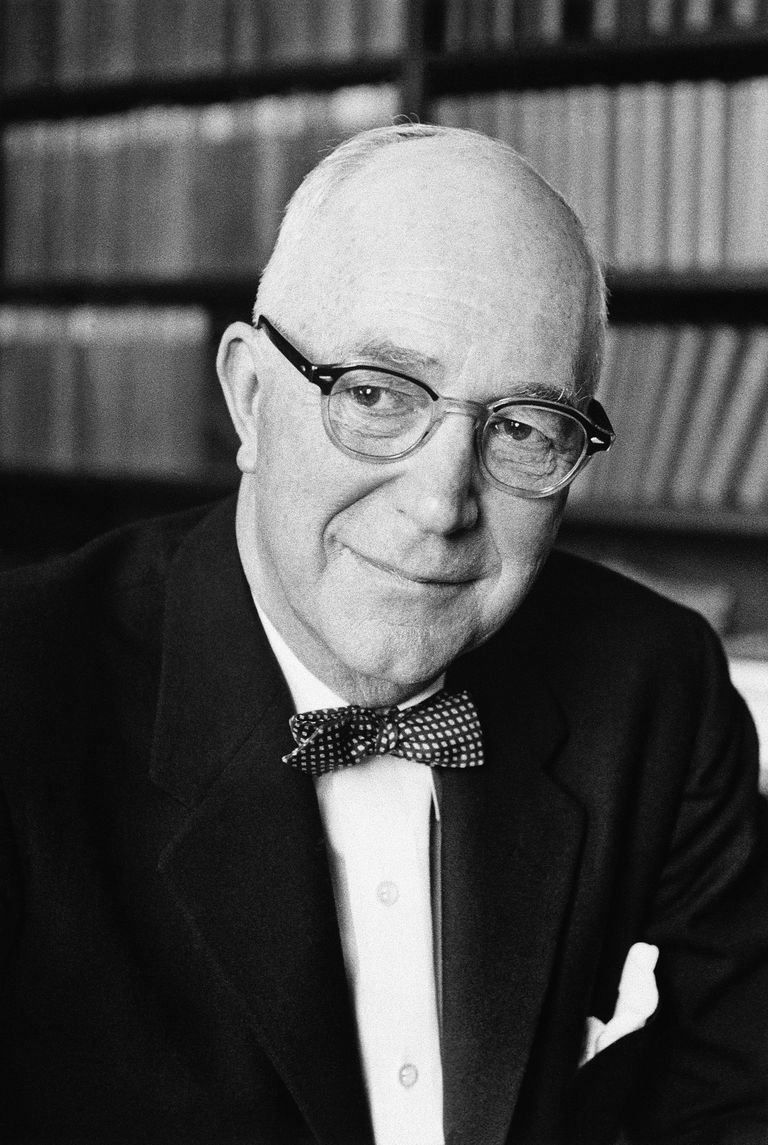Personality Course - Gordon Allport
GORDON ALLPORT

source
BIOGRAPHY
Gordon Allport was born in 1897 in Montezuma, Indiana, the fourth son of a sales- man who was changing careers to become a country doctor. The family moved several times, finally settling in Cleveland, Ohio, where Allport grew up in a hardworking, Protestant environment. His mother, a former schoolteacher, encouraged the educa- tional and religious interests of her sons and hoped that Gordon would become a missionary. Allport remained, in adulthood, a devout Episcopalian.
Allport followed an older brother, Floyd, to Harvard University, where he studied psychology and social ethics. His graduate work continued at Harvard. His dissertation investigated personality traits, a new topic at the time, criticized by more traditional, experimentally minded psychologists. His first publication on personality traits was jointly authored with his brother Floyd. Gordon received his doctorate at the age of 24 and did postdoctoral study in Europe, learning about Gestalt psychology and the German doctrine of types, themes reflected in his later consideration of holism and his development of a type inventory.
Allport taught at Harvard for most of his professional life, and was respected for his helpfulness to colleagues. He developed what he reported was probably the first personality course taught in the United States, emphasizing connections with social psychology. He rose to prominence in national circles, edited the major journal in personality and social psychology, and served as president of the American Psychological Association and of the Society for the Psychological Study of Social Issues (SPSSI). The latter organization commemorates Allport’s memory by awarding an annual prize for a paper on intergroup relations. Allport was one of several U.S. psychologists who assisted intellectuals in Europe to find work in the United States so they could flee Nazi Germany. Another contribution at the time of the war was his effort to help control wartime rumors, reflected in his daily newspaper column and a later book on rumors. Gordon Allport died of lung cancer on October 9, 1967, at age 69.
ALLPORT'S THEORY
Allport contributed to theoretical discussions of traits and the self, and he stimulated empirical research on the relationship of religious orientation to behavior. He applied personality to social behavior and social problems, including prejudice, rumor transmission, and intergroup relations.
As an early personality theorist in an academic (as opposed to clinical) setting, Gordon Allport taught the first personality course in the United States and wrote a text for it.
Allport’s theory is called personological, a term that emphasizes the development of a person, a unified and conscious whole. This theme is important for the humanistic movement in psychology. In fact, Allport was one of the early founders of a formal humanistic organization in psychology.
Individual Differences
Individuals differ in the traits that predominate in their personalities. Some traits are common (shared by various people); others are unique (belonging only to one person).
Adaptation and Adjustment
Psychology errs if it looks too much for illness. Allport listed several characteristics of a healthy personality.
Cognitive Processes
People’s self-statements can generally be taken at face value.
Culture
Adaptation to society is of central importance. Allport made important contributions to our understanding of prejudice, rumor, and religion.
Biological Influences
All behavior is influenced, in some part, by heredity, but the mechanisms are not specified.
Development
The proprium (ego or self) develops through stages that are outlined but not researched in detail. Adult development consists of integrating earlier developments.
IN-A-NUTSHELL
- Gordon Allport emphasized several major themes: personality consistency, social influence, the concept of self, and the interaction of personality with social influence in determining behavior.
- Allport defined personality as “the dynamic organization within the individual of those psychophysical systems that determine his unique adjustments to the environment.”
- The primary unit of personality is the trait. Traits can be studied idiographically (individual traits) or nomothetically (common traits).
- Evidence of traits comes from many sources: language, behavior, documents (such as letters), and such questionnaires as the Study of Values.
- Allport emphasized that the subject matter should take precedence over methodological issues.
- Traits vary in pervasiveness. Cardinal traits have extremely pervasive influences but occur in only a few people. Central traits have broad influences and occur in everyone. In addition, people have secondary traits that influence only a few behaviors.
- Traits are in the middle of a spectrum of aspects of personality, ranging from very narrow reflexes through highly integrated selves.
Reference - Theories of Personality - Understanding Persons, Susan Cloninger, The Sage Colleges, 6th edition
This article is part of Personality Course series. If you miss previous articles, you can find them below.




